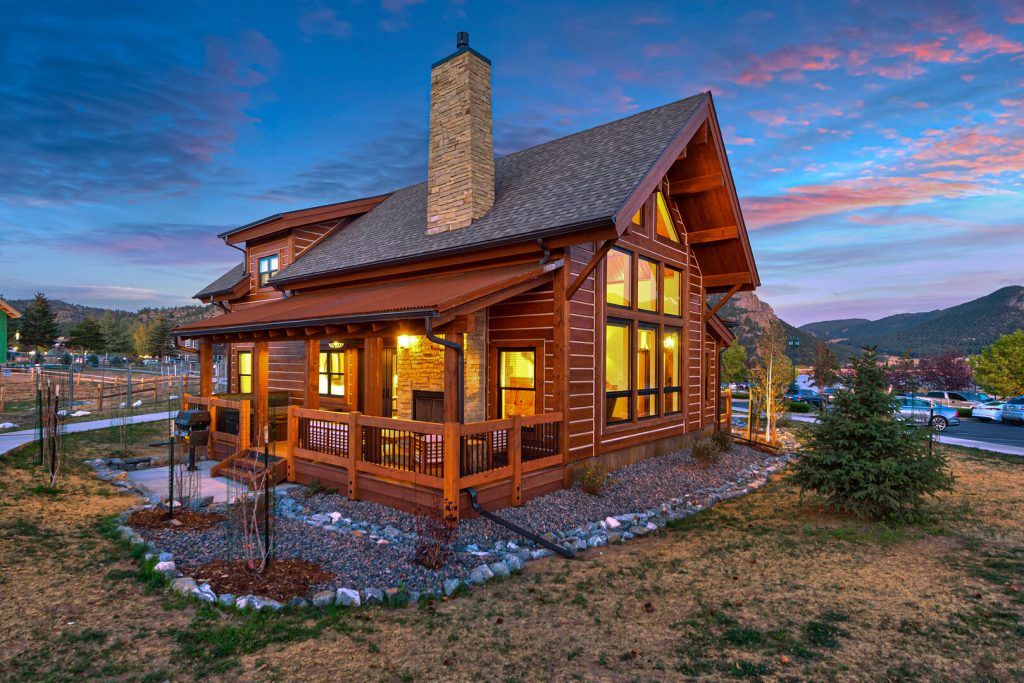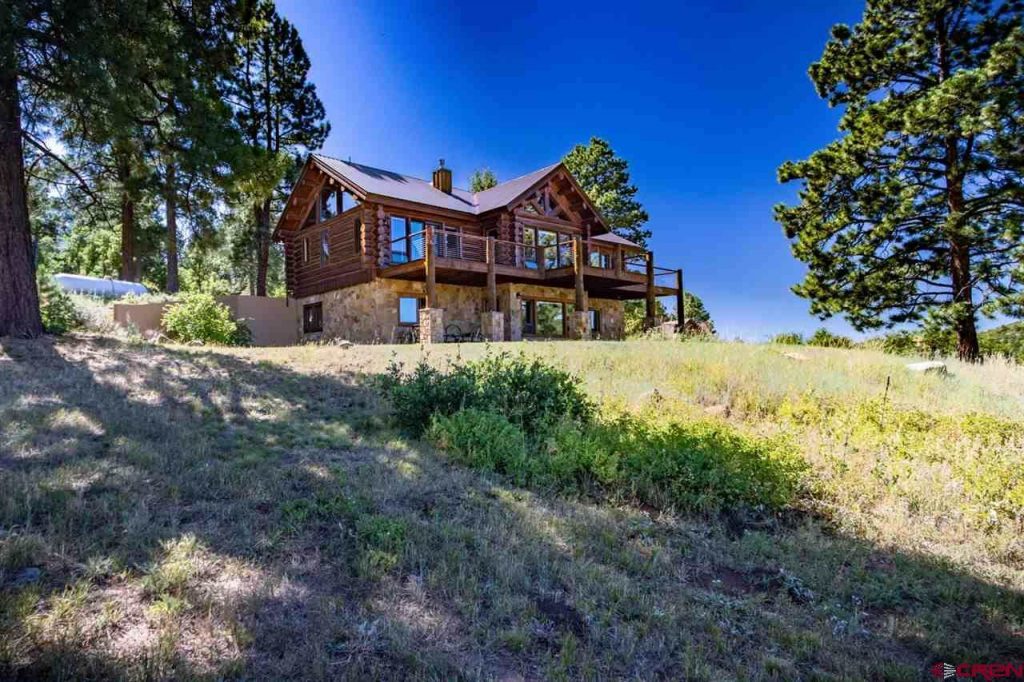Frequently Asked Questions
- What is the First Step in the Home Buying Process?
Getting pre-approved for a mortgage is the first step in the home buying process. This will allow you to know how much you can spend, and much you need to save for a down-payment. Many realtors require pre-approval before showing homes.
- How Long Does it Take to Buy a Home?
From start to finish, buying a home takes roughly 10-12 weeks. This number may change depending on several different factors. In hot markets, it may take longer to close than when the market is slow.
- What is a Seller’s Market?
In a seller’s market, there is more demand than supply. This means multiple people are competing for the same homes, driving home prices up. This benefits the seller as more people want to buy their home.
- What is a Buyer’s Market?
In a buyer’s market, there is more supply than demand. This means buyer’s have more property to choose from, and will probably pay less for a home because there isn’t much competition. This benefits the buyer because they can take their time and possibly find a better deal on the perfect home.
- What is a Stratified Market?
A stratified market happens when market characteristics change based on price point. It may be a seller’s market for homes over $500k but a buyer’s market for everything under that $500k mark. This often happens when international investors decide to park their money in the U.S. by purchasing high-end real estate.
- How Much Do I Have to Pay an Agent to Help Me Buy a House?
Home shoppers pay very little, if anything. For most sales, there are two real estate agents; a listing agent and a buyer’s agent. The listing agent represents the seller and is in charge of listing and marketing the property. When a home is sold, a percentage of the sale that is negotiated in the contract, is paid to the listing broker. The broker then pays the buyer’s agent their cut from that money. So buyer’s usually don’t have to pay the commission.
- What Kind of Credit Score Do I Need to Buy a Home?
Most lenders require a FICO score of at least 620 to be eligible for a mortgage. Borrowers with higher FICO scores pose less of a risk to the lender; these borrowers will probably secure a lower interest rate. If you have a lower credit score you may need to bring more money for a down payment, or accept a higher interest rate to offset the lenders risk.
- How Much Do I Need for a Down Payment?
The national average down payment is 11% of the purchase price, this number may fluctuate however. Several first-time home buyer programs allow a down-payment as small as 3-5%. An FHA loan only requires 3.5% down. If you are former or active US Military, you may be eligible for a VA loan that doesn’t require a down-payment at all! It is smart to shop around and look into different lending options to see which works best for you.
When you are ready to make an offer on a property your agent will ask for a check or cash to go with the offer. This check, called an earnest money check, demonstrates to the seller that you are serious about your offer and you are ready to continue with the deal. The money is kept in a trust account and is applied to the down-payment or closing costs at closing. If the deal falls through, the buyer receives the money. Earnest money essentially takes the property off the market and reserves it for you.
- Should I Sell My Current Home Before Buying a New One?
If you plan on using the equity you have built in your current home as the down-payment for your new home, you will need to sell the current one first. If you plan on using your current home as an investment property, your loan advisor will need to confirm your ability to purchase a new home before doing so. If you are relocating to take a job with your current employer, reach out to see if relocation assistance is available!
- How Long Does the Seller Have to Respond to My Offer?
Written offers have an expiration date filled in. Typically, you will hear back within 24-48 hours of sending the offer.
- Should I Order a Home Inspection?
Definitely! Purchasing a home is one of the biggest investments most people will make in their life. Getting a home inspection will insure you are not buying a home with major structural damage or other issues. If you are using a VA or FHA loan, you will be required to get your home inspected prior to purchase.
Radon is a colorless, odorless gas that emits from decaying uranium in the ground. It can seep into a home many different ways; from the basement, crack in the foundation, electrical outlets, etc. Radon can cause lung damage and may increase the risk of lung cancer. The EPA recommends that all homes be tested for radon at the point of sale. This test can usually be rolled in with your inspection. If the test shows higher-than-safe levels of radon, there are several techniques to adequately ventilate the area to bring the levels down. Consult your local radon experts on the best method for your home. This remediation costs roughly $1200, which isn’t too bad when you consider a new furnace can cost triple that!
- Where Can I Get Pre-Approved?
To get pre-approved for a mortgage, you will need five things.. First is proof of income. Usually, you will need to provide W2 wage statements from the last two years, as well as recent pay stubs, proof of any additional income, and tax statements from the previous two years. Next, you will need proof of assets. These include current bank statements and investment account statements to show that you have cash reserves available to fund your down-payment. Third is good credit. As we stated above, you will usually need a FICO score of at least 620 to be pre-approved for a mortgage. The higher your credit score, the lower your loan interest rate will be. Next up is employment verification. Your lender will need to verify your current employment to ensure you have a steady income. If you have changed jobs recently, the lender may need to call your previous employer. Stable work history is important to obtain a loan. Lastly is other documentation. Lenders will require other documentation such as the borrowers driver’s license, social security number, and signature in order to pull a credit score.
- Should I Do a Final Walkthrough?
While not required, a final walk-through is a great idea! Walk-throughs give you a chance to look over the home one last time to make sure nothing has changed before you close. This is also the time to confirm any repairs that were requested have been completed.
- When Should I Sell My Home?
This questions has many different answers. When you should sell your home depends on the market in your area, your home, and how much you want to make. Most agents will agree that Spring is the best time to sell, however in some areas Winter or Fall may blow spring out of the water for house sales. Talk to your agent about when the best time to sell YOUR home is!
- How Do I Get My Home Ready to Sell?
By the time the first potential buyer enters your home, it should be sale ready! The first thing you should do to prepare your home is clean it! No one wants to buy a dirty home. Once your home is clean, you should go through and repair everything you can; broken door handles, blinds, paint touch-up, etc. Anything that is obviously broken should be repaired. Next you will want to stage your home for pictures. See our Home Staging Post for more info on how to do that! Lastly, you need great photos! Many real estate agents (including NextHome’s NextHomies) will have a professional photographer take photos of your home. Great photos will draw buyers in that may not have given your home a second look otherwise. In this day and age, visual media reigns supreme!
- Zillow Says My Home Is Worth “X” Is This Accurate?
Absolutely Not! Many real estate listing websites provide an estimated list price for the listed homes. This price only accounts for square footage and bedroom/bathroom count! It does not take into account your area, home features, current market, comparable properties in the area, or area of land. Your real estate agent should be able to give you a comparable market analysis that shows you what your home is worth in the current market, as compared to other similar properties near yours! You cannot rely on a “Zestimate” or any other online estimator for accurate results.
- How Is My List Price Determined?
As stated above, your real estate agent will perform a comparative market analysis to determine the value of your home. This compares homes, active and sold, based on several criteria to determine how much your home is currently worth in your area.
- Should I Price My Home Higher to Facilitate Negotiations?
While it may be tempting to price your home higher than suggested, it could actually deter buyers who would otherwise pay the price you really want for your home! If your price is too high, you won’t have as much interest in your home. This means it will sit for longer, which could scare even more buyers off! We recommend staying as close to your CMA (comparative market analysis) value as you can to ensure a quick sale!
- How Much Do I Pay For Commission?
If you are on the buying side of the transaction, you probably won’t have to pay any commission! If you are on the selling side, the commission you pay is negotiated in your listing contract. The national average real estate commission is 6%, but this is negotiable! It is smart to stick with the average commission rates, as buying agents will be less likely to want to show your home if their commission is smaller!
- When Does the Listing Contract Expire?
The length of the listing contract varies from agency to agency, and realtor to realtor. Typically, they last between three months to a year! These contracts will always have an expiration date.
- How Will You Market My Home?
This is something we are asked quite a bit. NextHome takes pride in being one of the most technologically advanced real estate companies. We distribute all of our listings nationally across hundreds of websites, so your property gets the exposure it needs for a quick sale! We also advertise listings on multiple social media platforms, print ads, virtual open houses, and in the windows of our offices! Every listing is sure to get tons of exposure on many different platforms.
- What Happens During a Home Inspection?
Once a home is under contract, a buyer has the right to order a home inspection to determine the condition of the home and any repairs that may need to be made. The inspector will go room to room throughout the house, looking for any damage or hazardous issues that need to be addressed in the home. The inspector will go around the outside of the house and even the crawlspace if you have one. In many cases, the inspector will leave a radon test behind, to be picked up 24-48 hours later.
- How Much Do I Need To Disclose To Buyers?
When selling your home, honesty is always the best plan. Some states require a property disclosure form to be filled out; outlining every issue known to the buyers regarding the home. As long as you disclose material facts about the property, you should be fine!












